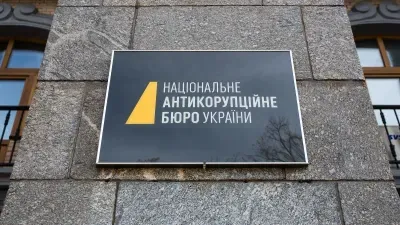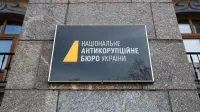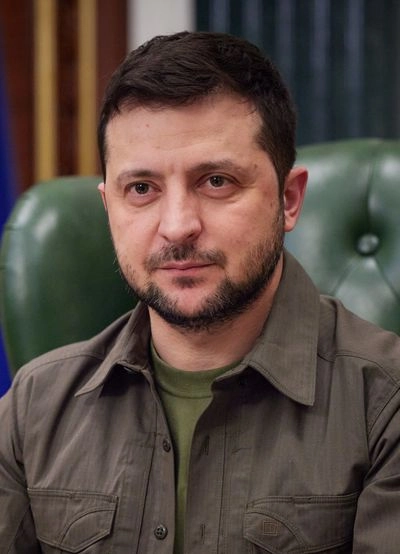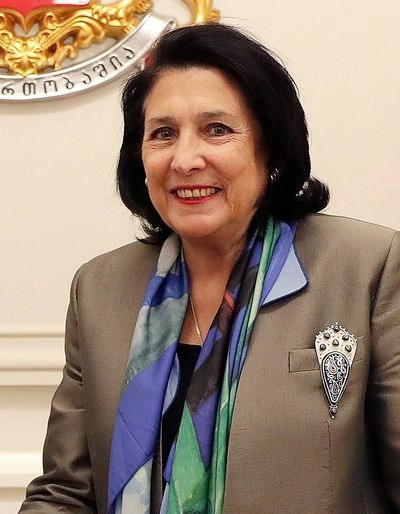
France plans to significantly cut public services to reduce budget deficit
Kyiv • UNN
France plans to significantly cut public services, such as medical transportation and subsidies, to reduce its budget deficit of 5.5% of GDP.
France is overcoming the budget crisis by looking for opportunities to cut public services, including spending on social taxis. This is reported by Reuters, according to UNN .
Details
France plans to abandon a number of public services to reduce the budget deficit. Currently, government spending has reached 57% of national output, the highest in any developed economy.
Among the services that Finance Minister Bruno Le Maire has prioritized for cuts is medical transportation, including private taxis that transport French patients to and from medical appointments, with the state paying the bulk of the costs. The total cost of medical transportation for the country's population is estimated at 6 billion euros a year, which is twice as much as the budget of the Ministry of Culture.
However, taxi drivers have already spoken out against the fee cuts. They have already blocked roads in major cities in protest and are planning new actions ahead of the Olympic Games.
The government is also considering other areas of spending cuts, ranging from tax breaks for corporations and state support for vocational training to possible cuts in long-term sick pay and state grants for the prestigious domestic film industry.
Context
Last year's deficit target was met by a wide margin, but this year's is also at risk. Although the government plans to reduce the budget deficit to below the EU's 3% limit by 2027.
In 2023, the deficit amounted to 5.5% of GDP, exceeding the government's target of 4.9%. Several other EU countries, including Italy, also have deficits exceeding 3%.
Moody's said that reaching this year's 4.4% deficit target would require a 1 percentage point reduction in GDP - about €28 billion - which has been achieved only once since 2000.





































